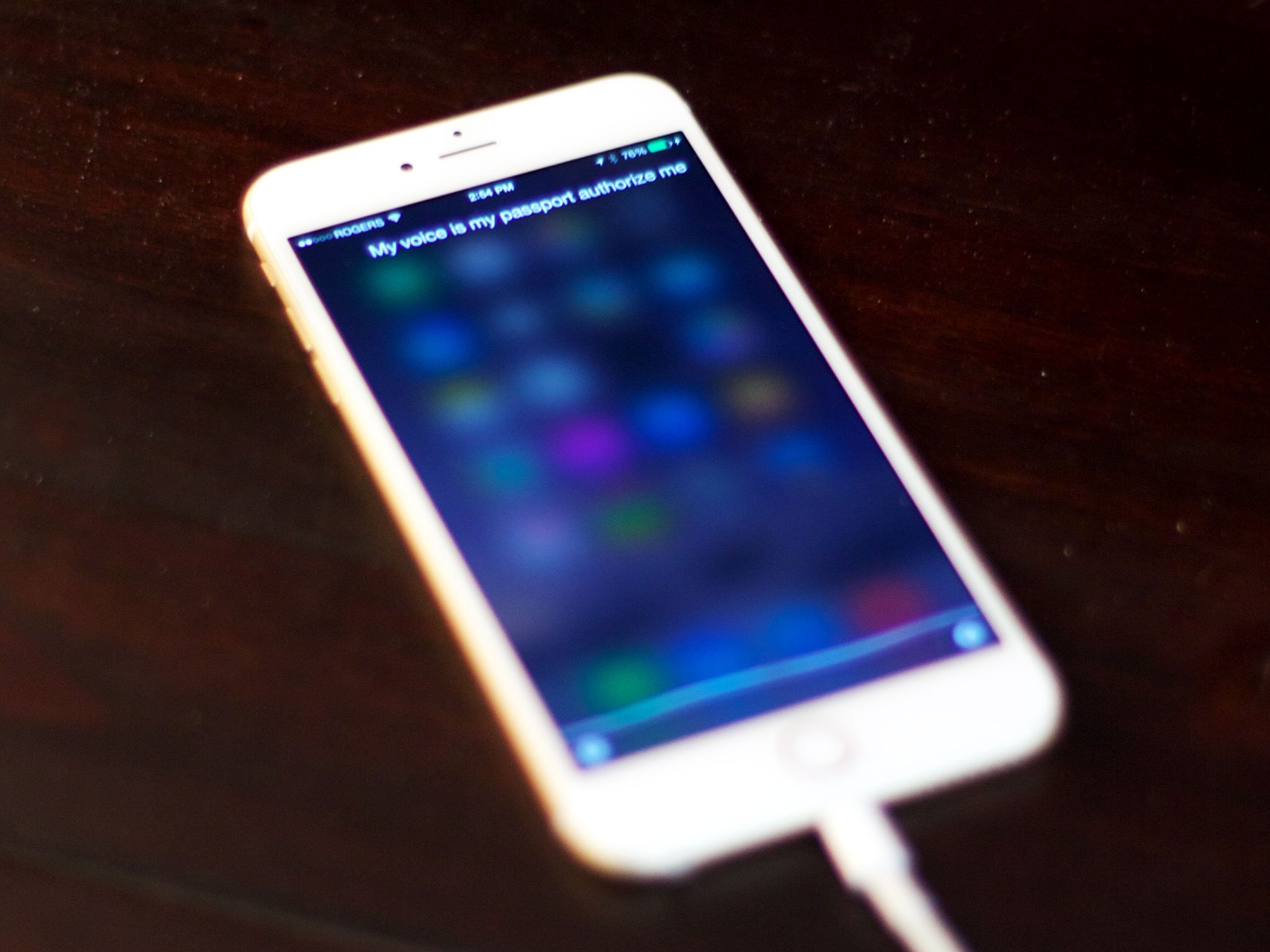Siri 'crushing' competitors at language accuracy

Siri, Apple's virtual personal assistant, has been improving steadily since its introducing in 2011. Streaming text to speech is one of the most recent and obvious areas of improvement, but Siri has also been adding new features and better language support. In a recent test that spanned languages, Siri scored a remarkable 76% for accuracy. That's compared to 46% for Google Now and 42% for Microsoft Cortana. Sophie Salonga, writing for Venture Beat:
In conclusion, Siri won this battle, Cortana was voted "most likely to go to web search" and Google Now needs to go back to college and pick up a few Mandarin classes.
She's picking on Google Now for Mandarin because it dropped accuracy by more than half, which is bu hao.
Accuracy is important, because the better a virtual assistant can understand your query, the better it can return helpful results. Nothing will ever be perfect, because language is complex and things like names make it even more so, which is why it's also great that if Siri is pronouncing a name wrong, you can teach it the proper pronunciation. You can tap an error in transcription, edit it it, and Siri will return an updated result.
When you combine "Hey, Siri", which allows for optional voice-activation when plugged into AC power, the ability to post Facebook status updates, to ask how much time is left in a sports event, to play podcasts by show or episode, buy iTunes Radio songs or gift certificates, and search for tweets posted by specific people, it makes Siri even more useful to even more people for even more things.
Throw out a landmark like Statue of Liberty or Great Wall of China and you'll get maps or Wikipedia results giving you all the information you need.
Siri also does sequential inference, so if you ask about the capital of Germany, it will tell you Berlin. Then, if you ask what the population is, without mentioning a specific place, Siri assumes you're continuing the same conversation and gives you the population of Berlin. Or if you say "what's Ally's phone number", and then "call her", Siri knows to call Ally.
Apple does, intentionally, limit Siri's scope. As a company, Apple is against harvesting its customer data. Apple doesn't want to be monitoring our web history, for example, or running analysis and transactions against our mail or calendars on its servers.
iMore offers spot-on advice and guidance from our team of experts, with decades of Apple device experience to lean on. Learn more with iMore!
That means Siri is not allowed to do some of the things competing products that get access to far more of our information can do. Just liked security, privacy is continually at war with convenience and it's up to each company and each individual to decide how much of one they're willing to give up for the other.
Siri is also an interface for CarPlay, HomeKit, and Apple Watch, and personally, that's the kind of convenience I want.
Update: GlobalMe has published the testing procedure and result charts.

Rene Ritchie is one of the most respected Apple analysts in the business, reaching a combined audience of over 40 million readers a month. His YouTube channel, Vector, has over 90 thousand subscribers and 14 million views and his podcasts, including Debug, have been downloaded over 20 million times. He also regularly co-hosts MacBreak Weekly for the TWiT network and co-hosted CES Live! and Talk Mobile. Based in Montreal, Rene is a former director of product marketing, web developer, and graphic designer. He's authored several books and appeared on numerous television and radio segments to discuss Apple and the technology industry. When not working, he likes to cook, grapple, and spend time with his friends and family.
